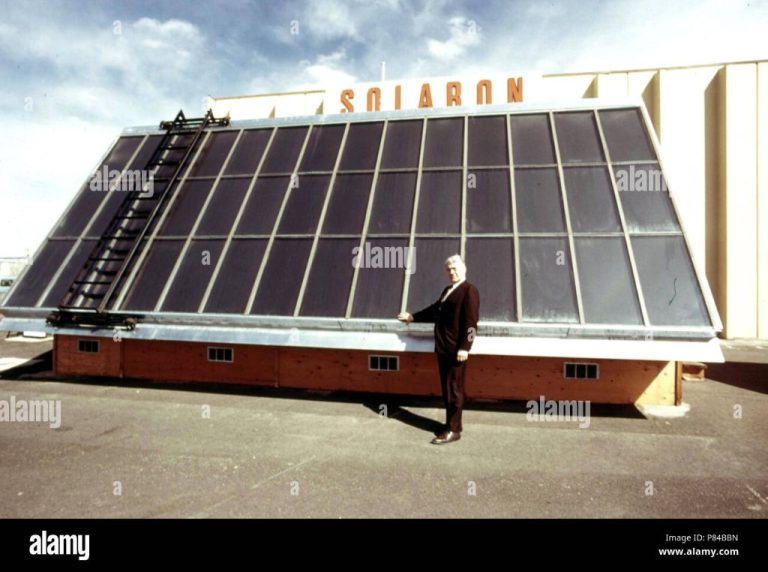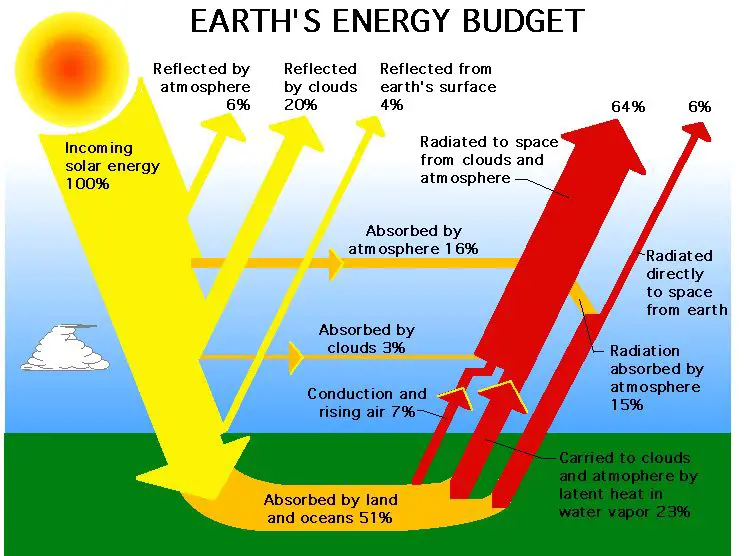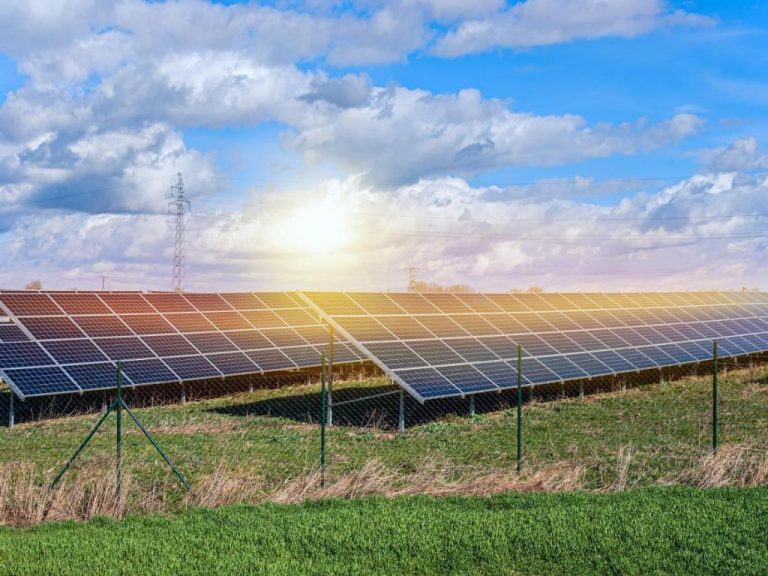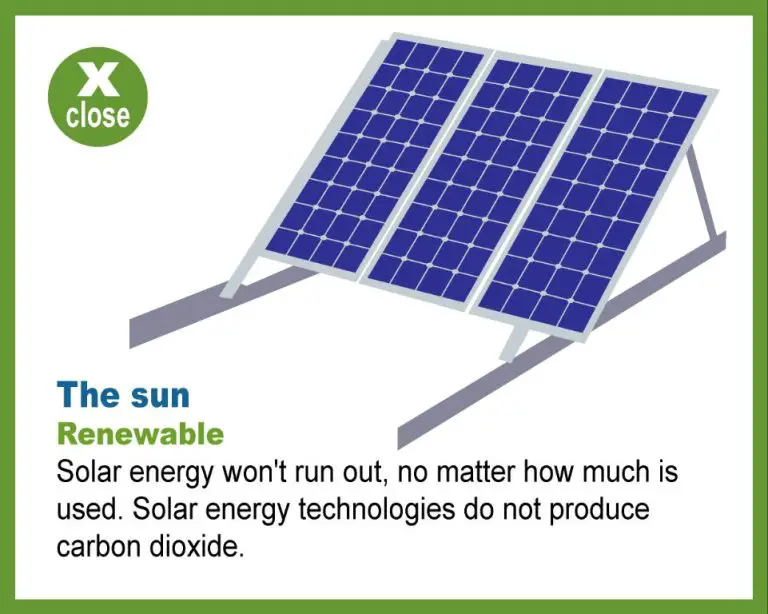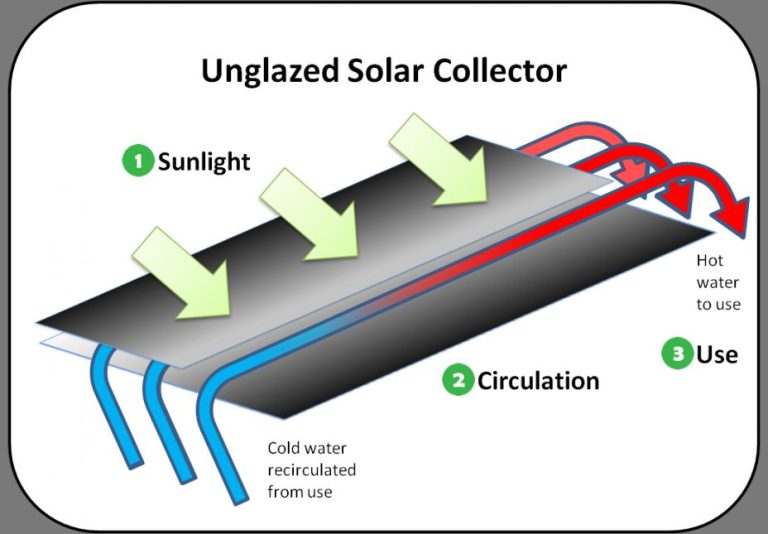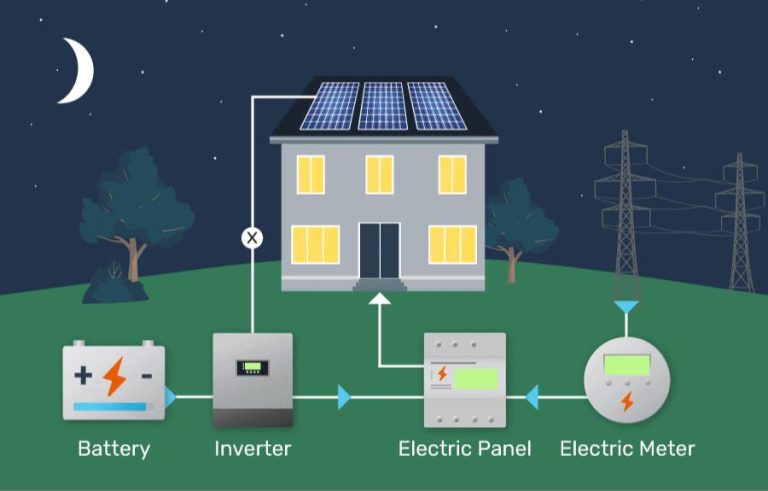How To Get Solar Without Getting Scammed?
Solar scams have become increasingly common as more homeowners look to install solar panels. Unfortunately, the solar industry’s rapid growth has opened the door for unscrupulous companies and individuals looking to take advantage of unsuspecting consumers. According to one source, fake solar companies are one of the most prevalent scams, involving selling non-existent solar systems without delivering any actual products or services. Solar scams happen for a few key reasons:
- High demand – Many homeowners want to go solar for environmental and financial reasons.
- Large upfront investments – Solar requires thousands in upfront costs, which scammers target.
- Complex industry – Consumers may not fully understand solar terminology, financing, and components.
- Evolving technology – New solar tech and options create information gaps.
- Door-to-door sales – Aggressive and deceptive salespeople often peddle solar scams.
With some awareness and vigilance, homeowners can avoid shady operators. But caution is required, as even reputable companies may occasionally overpromise. This guide will unpack common solar scams and provide consumers with the knowledge needed to make informed solar decisions.
Types of solar scams
According to Forbes [1], there are several common types of solar scams to watch out for:
Deceptive sales and marketing tactics – Some companies use high-pressure sales tactics, false claims about savings, and limited time offers to get people to sign up before fully understanding the details.
Shady lease agreements – Be wary of long 20+ year leases that trap homeowners. Make sure to carefully read all fine print.
Fake utility representatives – Scammers may pose as fake representatives of utility companies to try gaining access to your home or account.
Exaggerated production claims – Unethical installers may overpromise the amount of energy the system will produce to make sales.
Fee scams – Some companies charge non-refundable permit or inspection fees upfront then never complete the project.
Shoddy equipment/workmanship – Cheap, defective or improperly installed equipment can mean the system underperforms.
Researching solar companies thoroughly and watching for warning signs can help avoid scams.
Warning signs
There are several red flags to watch out for when evaluating solar companies. According to SolarReviews, some key warning signs of a potential scam include:
High-pressure sales tactics – A reputable company won’t rush you into a decision or use manipulative sales tactics. Be wary if a salesperson pressures you to sign a contract on the spot with claims that a deal or rebate will expire immediately.
Exaggerated claims – Claims that solar will be “free” or save you an unrealistic amount on your utility bills are telltale signs of exaggeration. Solar is an investment that can provide savings over time, but beware of companies promising once-in-a-lifetime deals.
“Act now” offers – Scammers will often claim there are limited time offers, special programs ending soon, or one-day-only deals. This falsely creates a sense of urgency for you to sign before vetting the company fully.
No physical address – Check for a local physical address and customer service number. Be wary of companies that only have a P.O. Box with no actual office.
Requests for upfront payment – Never pay anything upfront before your system is actually installed. Many scammers will insist on upfront fees then disappear once paid.
Vetting solar companies
Doing thorough research on potential solar companies is crucial to avoid getting scammed. Here are some steps you can take:
Check the company’s rating and reviews on the Better Business Bureau website. The BBB allows you to see if other customers have filed complaints and how the company responded (source).
Search online reviews on Google, Yelp and other sites. Look for red flags like dramatically differing reviews or reviews that seem fake (source).
Ask the company for 3-5 references from past customers and call them. Ask specific questions about their experience and the install process (source).
Research how long the company has been in business and their experience with solar installations. Be wary of new companies with little track record.
Confirm required licenses and insurance. Ask to see certificates directly.
Look at examples of past work and installations through photos or site visits if possible.
Research the manufacturers and warranties on the equipment they use.
Questions to ask
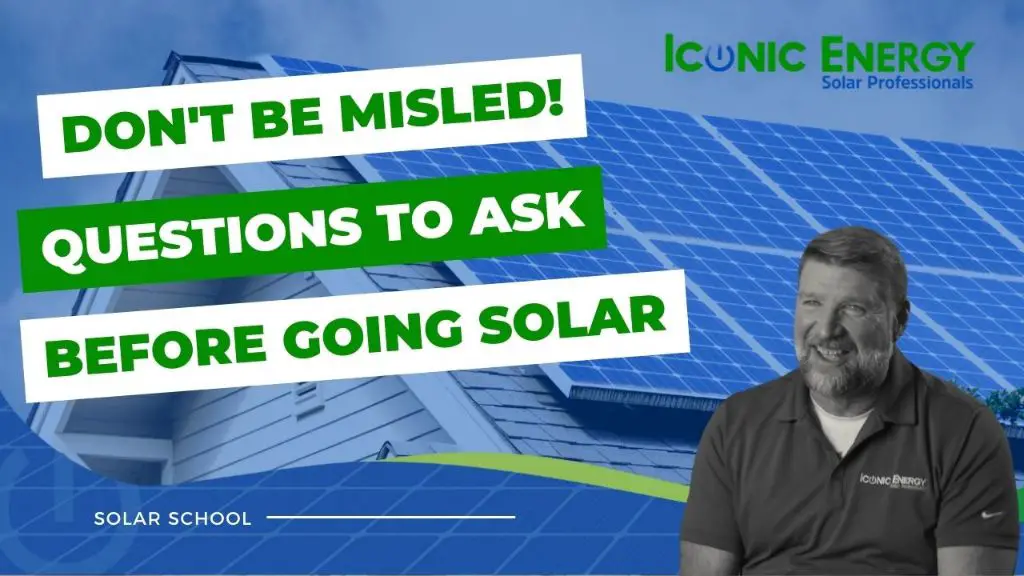
When vetting solar companies, it’s important to ask the right questions to evaluate their expertise and avoid getting scammed. Here are some key questions to ask solar sales reps and installers before signing a contract: 1
– How long have you been in business installing solar systems? Look for an established company with at least 5 years of experience. 2
– Are your installers NABCEP-certified? This is the gold standard for solar certification. 3
– How many solar installations have you completed locally? Choose a company that has installed many systems in your area. They will be familiar with local regulations and permitting. 2
– Can you provide references from recent customers I can contact? Reputable companies will gladly provide references. 3
– Do you pull permits for the job and handle the paperwork/inspections? The company should handle the permitting process for you. 1
– Will you provide a detailed proposal, total costs, and production estimate? Get quotes from multiple installers to compare. 2
Quotes and Costs
When getting quotes for a solar system, it’s important to get multiple quotes from reputable solar companies. Be wary of quotes that seem too low, as they may be leaving out important costs or using low-quality equipment. According to Forbes, the average cost for a 6kW solar system ranges from $10,200 to $15,200 depending on your state.
Make sure the quote includes itemized costs for the solar panels, inverters, racking and mounting equipment, labor for installation, permits and inspections, sales tax, and any additional fees. Quotes should also specify the makes and models of the equipment being used. Higher tier solar panels and inverters will be more efficient but cost more upfront.
In addition to the system cost, understand the company’s warranties, insurance, and protections in case anything goes wrong with the system. Avoid deals that seem too good to be true or pressure you to sign a contract on the spot. Get quotes from 3-4 installers before deciding.
Contracts
What to look for in solar contracts is crucial to avoiding scams. The contract should clearly spell out all the costs, timeline, production guarantees, and responsibilities of both you and the solar company. Be wary of contracts that seem vague or full of legal jargon designed to confuse you.
According to Solar Reviews, some key things to look for are:
- Production guarantee – The contract should guarantee a certain level of energy production that aligns with your usage and the system specs.
- Timeline – There should be clear project timelines and deadlines.
- Cost details – The full system cost, any fees, incentives, and payment schedules should be clearly outlined.
- Cancellation terms – Review policy for cancelling or making changes to the contract.
- Roof penetrations warranty – Ensure roof warranty won’t be impacted by installations.
- Equipment warranty – Typical 25 year warranty on products and 10 years for labor.
- Contractor liability – They should be responsible for permits, repairs, equipment, etc.
Carefully reviewing the full contract can protect against hidden fees, production shortfalls, and shoddy installation issues down the road. Don’t feel rushed into signing anything you don’t fully understand. Consult a solar expert or lawyer if needed.
Financing
One of the most common solar scams involves deceptive financing offers. Some companies will promise “zero money down” or “no payments for 12 months” to lure customers in. However, they often bury exorbitant fees, high interest rates, and other unfavorable terms in the fine print of the contract.
A notorious scam is when a salesperson claims you can get a solar loan or financing through a special government program. There are legitimate solar incentives and financing programs, but a shady company may fabricate a connection. According to the Solar United Neighbors consumer guide, this tactic is used to make the offer seem low-risk or free when it is not https://www.solarunitedneighbors.org/news/how-to-spot-solar-scams/.
It’s wise to be wary of any financing offer that seems too good to be true. Carefully vet the terms and calculate the true long-term costs. Get quotes from multiple reputable lenders. A solar loan with reasonable fees and interest from a trustworthy lender can be a smart financing option, but watch out for deceptively marketed loans that can leave you deep in debt.
Install and Production
After your solar panels are installed, one of the biggest scams involves issues with production. Scammers may promise your system will produce a certain amount of energy, but then you end up with far less. There are a few reasons this can happen:
The system was intentionally undersized – Some installers will intentionally install fewer panels than you were promised, to cut costs. This leads to lower production. Double check the final system size compared to what was in your contract.
Lack of maintenance and cleaning – Solar panels need to be kept clean and free of debris to operate at peak efficiency. Some installers fail to explain the need for periodic cleaning and maintenance. Production will lag if panels are not properly maintained.
Shading issues – Any shading on the panels from trees or other obstructions will greatly reduce output. The installer should have done a solar site survey to account for shading. If panels end up shaded post-install, production problems can occur.
Equipment failure – In rare cases, hardware like inverters can fail prematurely. Make sure your warranty covers free replacement of defective parts. Get alerted to issues early through production monitoring.
If your system underperforms significantly versus expectations, bring in an independent solar expert to inspect your system and identify the cause. You may have recourse against the original installer depending on your contract. For more help addressing production issues, see the Solar United Neighbors guide (https://www.solarunitedneighbors.org/news/inadequate-solar-production-get-help/).
Reporting scams
If you believe you’ve been the victim of a solar scam or encountered a deceptive solar company, it’s important to report it so authorities can investigate and help protect others. Here’s where you can file reports:
The Better Business Bureau allows you to report solar scams online. BBB tracks complaints and scams, and your report helps warn others.
You can also file a complaint with the Federal Trade Commission by calling 1-877-FTC-HELP or visiting FTC.gov. The FTC tracks fraud and identity theft reports.
If you believe the scam involved criminal activity, contact your state attorney general’s office or the FBI’s Internet Crime Complaint Center at IC3.gov.
Checking for complaints with the state contractors licensing board can also help identify potentially fraudulent companies to avoid.
The more people who report solar scams, the better chance authorities have of catching scammers and stopping these predatory practices.

